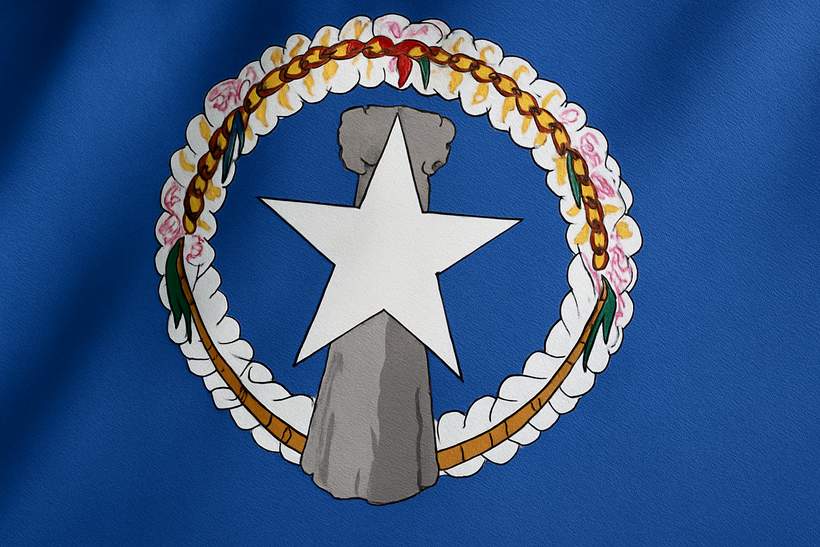Northern Mariana Islands Confront Renewed Casino Industry Challenges with Investor Legal Action

Investor Lawsuit Targets Tinian Casino Development
The Northern Mariana Islands, known for its ongoing attempts to establish a viable casino industry, now face a fresh challenge. In July, Chinese investors initiated a $13.4 million lawsuit in New York State Supreme Court against those responsible for a proposed casino resort on Tinian Island. The case alleges fraud, breach of fiduciary duty, negligent misrepresentation, and other misconduct connected to the project.
Ambitious Resort Project Inspired by the Titanic
The plaintiffs, associated with the American Northern Marianas Economic Development Fund LLC, invested nearly $12.1 million plus additional fees after being assured benefits including EB-5 investor visas and ownership stakes in an expansive luxury resort. However, a decade later, no casino or hotel has materialized, no visas have been issued, and there is no clear repayment strategy in place.
Key figures in the lawsuit include Xianjun Meng, managing director of the American Northern Marianas Regional Center and CEO of Bridge Investment Group LLC, along with his wife and business partner Silvia Siu. Both are also principals of Canbo International Group, a Hong Kong-based consultancy that promoted the venture to potential investors.
The dispute revolves around the Tinian Ocean View Resort and Casino — a proposed 385,000-square-foot development initially planned in 2014 to revitalize Tinian Island’s faltering tourism economy. The vision included a luxury hotel modeled after the RMS Titanic, dubbed the “Titanic Hotel,” alongside a second, more modest hotel, upscale dining, boutiques, spas, and ferry connections to nearby islands.
The Prevalence of Casino Project Failures in the Region
Investors were told their contributions of $500,000 each, plus various fees, would collectively fund the resort and generate employment meeting EB-5 program criteria. The lawsuit claims that promotional materials misleadingly showcased rapid construction progress and promised expedited visa processing. Allegations also include significant overvaluation of the project, lack of bank financing, and failure to use the casino license as security.
This legal conflict highlights persistent difficulties in developing casino enterprises across the Northern Mariana Islands. On Saipan, the Imperial Pacific International, once seen as the cornerstone of the region’s gaming sector, is enveloped in controversy. The property remains closed following prolonged litigation, labor disputes, unpaid taxes, and investigations by the FBI into suspected financial misconduct.
Tinian’s ongoing lawsuit serves as a stark reminder of the region’s troubled history with casino initiatives. Such projects often commence with high hopes and public excitement but frequently conclude with legal battles, financial debts, and unfulfilled promises of economic uplift. Regardless of any potential recovery for investors, the local tourism industry on Tinian is unlikely to see substantial or sustained improvements.